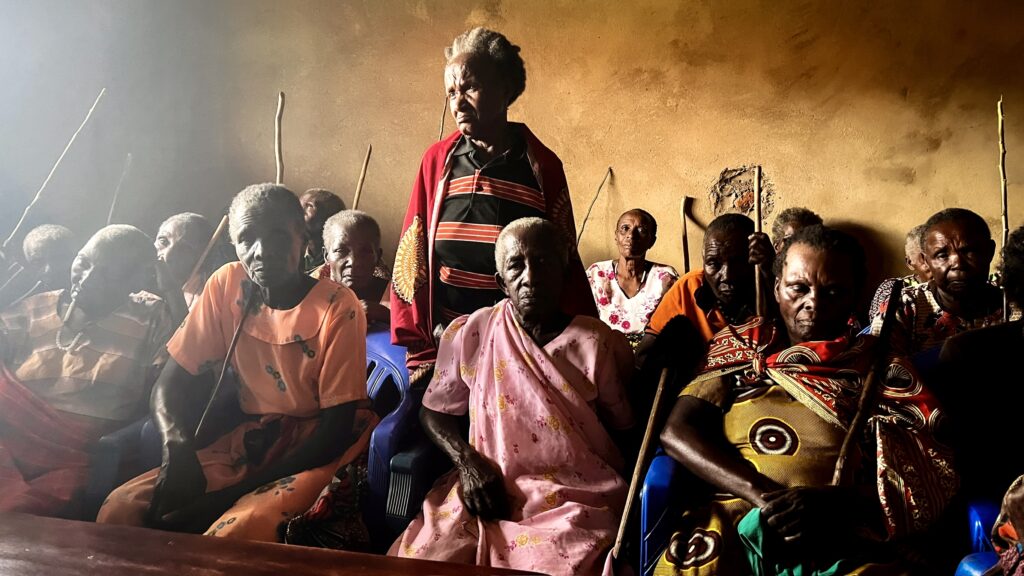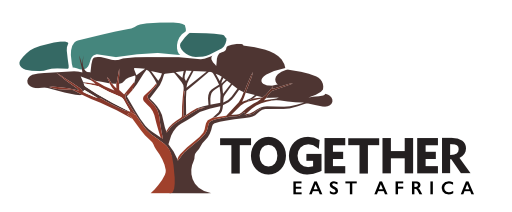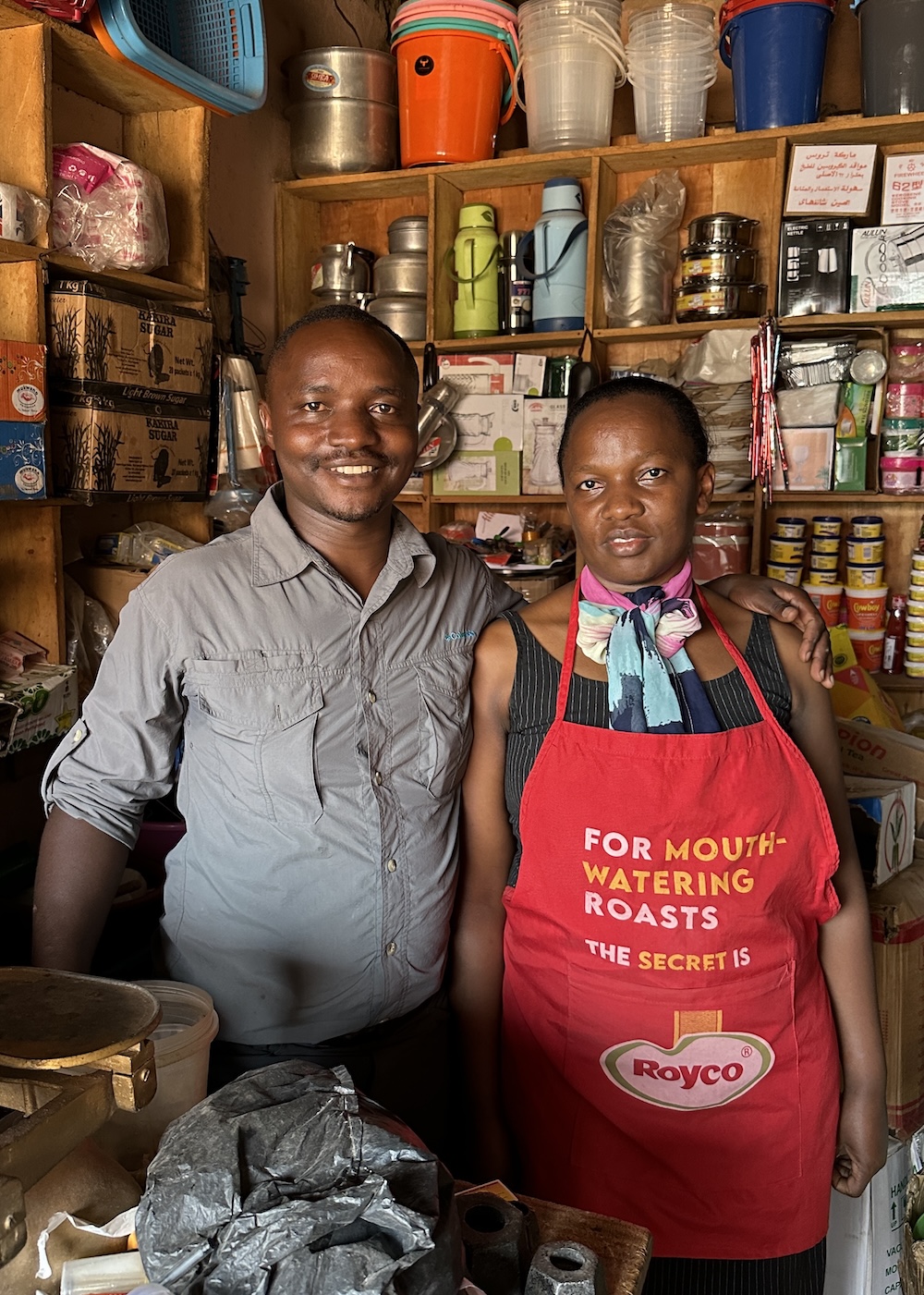
In a country where orphans and widows abound, the water is unsafe to drink, easily treatable diseases kill young and old, and both mothers and infants risk their lives in the birthing process, it is easy for a visiting American to feel a desperate sense of inadequacy. We long to help, but the job is too big and the need too extensive. There is a saying that we have been told by the locals in Uganda when we visit,
“You can’t save Africa … but you can save one person.”
The question then becomes WHO can I truly help? And HOW?
On our trips to East Africa, we have met many people who are doing great works for large organizations. We have enjoyed seeing these people in action and supporting the large charities that support them. However, all you need to do is ride in a van with one of these people or chat with them over a meal and you realize that there are hundreds of other people who are doing great things for their impoverished communities without the support of a charitable organization or any outside resources. We know a doctor who tried for 8 years to build a hospital from his own salary. He was not able to proceed beyond the foundation despite 8 years of saving. We know another man who has been given land on which he wants to build a recovery house for women fleeing prostitution. He has no means to begin building. And then there is Abel, our dear friend, who has been using tip money from driving tourists on safaris to feed the orphans and widows in his village. He has dreams of providing them with housing, medical care, schooling, and vocational training for self-sustainability. If only he could afford to do more than merely keep them alive.
This is precisely why we formed Together East Africa.
Abel tells us of the widow in his village, Kyomuhendo Medius, who has worked to support her 4 children since she lost her husband in 1995. She receives food and medical care from Abel’s ministry which he calls Mpungu Widows and Orphans ministry. The food ensures her survival for the day, but still she sleeps in a building that he says is not fit for a human being. Abel hopes to provide her with safe housing and vocational training so that she may become independent and live with dignity.
One of the orphans Abel has long supported, Tushemerewe Scovia lost her parents at a young age. Her father left to find work one day and never returned (a common story). Her mother was crushed by a falling tree. Now in her twenties, the young lady has been forced to marry in order to ensure her survival. With Abel’s help, however, she is now teaching other orphans to support themselves with sewing skills. She is merely limited by a lack of sewing machines.
We can’t save all of Africa, but we can save one widow and one orphan. And then another. And another. We know their names. We know their needs. We know their hearts.
We can buy sewing machines and rice, building supplies and beds. We can offer hope. It is time to get started.


